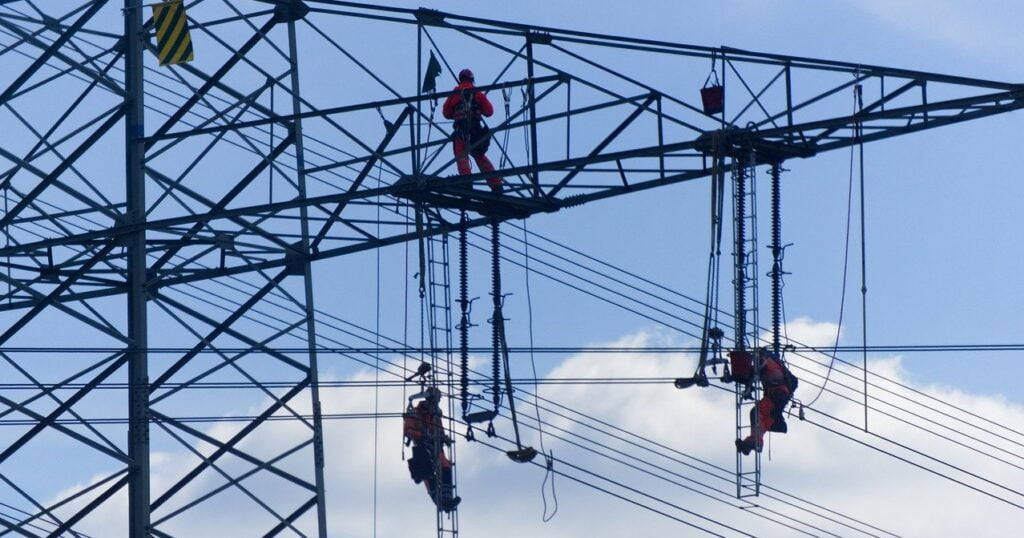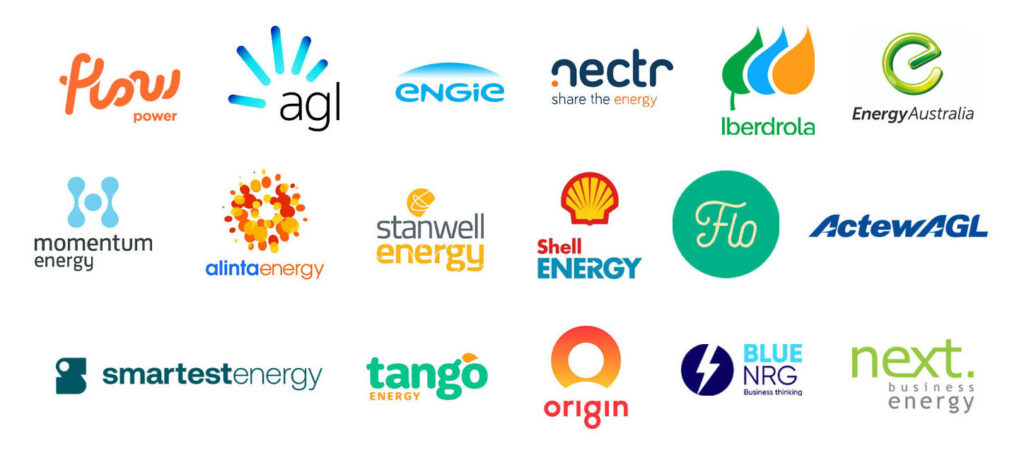The Energy Security Board has placed energy security, timely retirement of ageing coal power stations, opening the way for batteries, cheap renewables and helping consumers enjoy the benefits of the latest technology at the top of the National Energy Market’s agenda for reform.
The ESB was tasked by Energy Ministers in 2019 to produce a report on redesigning the National Energy Market.
The findings of this paper will be put to consultation with a view of finalising a report by the end of 2021.
ESB Chair Dr Kerry Schott did not mince her words, saying that the scale and pace of change in Australia’s Energy sector are impossible to overstate and reforms are needed to address them.
“The rapid spread of large-scale wind and solar, along with rooftop PV, across Australia means our energy system is experiencing the fastest and most substantial change in the world,” Dr Schott said.
“We are already exceeding the step change scenario forecast in the Integrated System Plan (ISP) in 2020. Our generation mix is changing fast, but the physics of our power system cannot change in the same way.
Energy Security Board outlines priorities
The post-2025 market design options paper provinces coordinated options to address 4 critical areas:
- Retiring ageing coal power stations
- Ensuring security of electricity supply
- Opening the grid to cheap renewables
- Ensuring that customers can enjoy the benefits of improved technology
Preparing for the retirement of old coal power stations

The ESB said an orderly retirement of Australia’s thermal generation fleet was critical. Exiting baseload power needs to be backed up by energy storage, firming capacity and timely entry of new renewable energy generation capacity.
There are various options to manage this change, said the ESB. Early exits must be managed and one way to do this could include modifications of the Retailer Reliability Obligation. A number of coal power stations including Liddell and Yallourn have announced closure.
The RRO requires retailers to buy advanced contracts to fill supply gaps. Other options include a new operating reserve and long-term transition cost monitoring.
Ensuring security of electricity supply

Security of supply means that the NEM must have enough generation, energy storage and demand-side response to supply customers’ needs at all times.
Transmission capacity is also needed to get that electricity to the consumer’s premises. The ESB has asked all parties to consider a potential NEM-wide, common approach to integrate jurisdictional underwriting and investment schemes for new investment.
The EBC said that security of supply also depends on backing up the power system by making sure that inertia, voltage and frequency control services are available.
Measures to manage more variable renewable energy also need to be put in place to back up the power system without needing Australian Energy Market Operator intervention.
The ESB said energy security is all about keeping the lights on by maintaining the power system’s technical parameters like voltage, frequency and current flows under control and within safe limits.
Batteries and demand management need to be part of a disciplined approach which will be fundamental in building a sustainable, increasingly renewable power supply without imposing unnecessary costs on consumers.
Opening the grid to cheaper large-scale renewables

The ESB said that the key to maximising the positive impact of renewable energy was to marry up generation and transmission to minimise costs.
Building on AEMO’s actionable Integrated System Plan (ISP), the next immediate reforms include the establishment of priority renewable energy zones (REZs) with a consistent framework to promote investment, and allow generators to fund shared assets.
The ESB said this transmission network reform creates opportunities for jurisdictions to remove
barriers in the way of new, renewable generation. In turn, this will encourage the cheapest, greenest combination of energy into the market.
Unlocking benefits for all energy consumers
The ESB said that new consumer protections and technical standards must be combined with tariff and pricing reforms, minimum demand management and flexible trading arrangements to unlock technological benefits for customers.
The recent changes in technology including rooftop PV solar, batteries and smart appliances mean that energy consumers can access new ways to receive and use energy and be rewarded when they are flexible to the benefit of everyone.
Systems must be developed to enable two-way electricity flows on the network to address technical problems and improve access for those with solar, batteries or electric vehicles. Lower overall system costs, including that for consumers who don’t have solar PV should result.
The ESB expressed concern about the side-effects of high penetration of rooftop solar including those technical problems which stop solar being used most effectively because of issues like poor voltage control.
Changes are in the offing to the way the power system is managed to negate those problems, but new standards and new consumer protections must be introduced alongside.
Multi-faceted approach better than big bang reform – Energy Security Board Chair
Dr Schott said an approach to accommodate different jurisdictional schemes and priorities, while reflecting the urgency of the situation, is better than a bug bang reform.
“There is no doubt that policy changes are needed to the existing market design and the decisions that Ministers make mid-year, and in the future, are critical to reaching an affordable, reliable and secure electricity system that is able to operate at net zero emissions,” Dr Schott said.
She said the physics of power are complicated to manage in practice as the system changes; and every state and territory has different priorities, goals and risks in terms of price, reliability and emissions.
“We are taking a pragmatic approach to clearing the path for technology to make people’s lives easier while keeping the lights on at the lowest possible cost.
Some measures are immediate or already underway, others are near-term but require further development, and others will happen if and when they are needed,” Dr Schott said.
“This is the best chance we have of setting up Australia’s energy system for the future. We can’t kick these challenges any further down the road.”
Energy security is important
As an energy consumer, energy security means that you can continue your business’ operations uninterrupted by power outages and that electricity remains relatively affordable. As top energy brokers in Australia, Leading Edge Energy stays informed of the latest developments in energy policy, infrastructure, and development so we can continue offering our clients reliable advice on managing their commercial energy use.
Read more energy-related news and blogs. You may also contact us for an obligation-free consultation on energy cost reduction. Or, get started on your journey to energy efficiency by filling out our form today!
We source, analyse, compare and rank commercial, industrial and multisite energy quotes. Obligation Free.
Chat with one of our experienced consultants today and get the insights your business needs to help manage the risks associated with volatile electricity and natural gas markets. Our energy procurement service is obligation-free and provides a time-saving way of securing lower energy rates from our panel of energy retailers.














